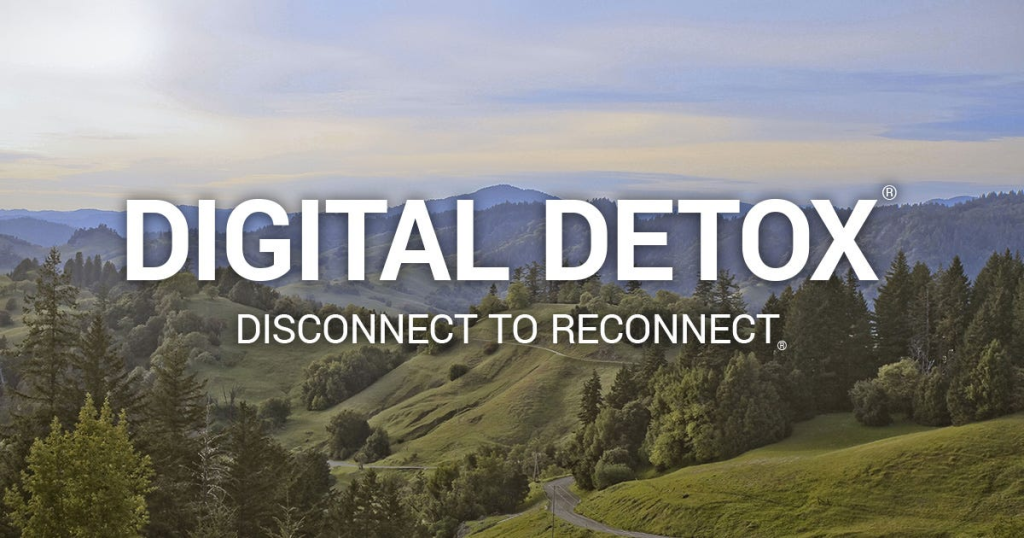In our hyper-connected world, the average person spends over seven hours daily staring at screens, constantly processing an overwhelming volume of information, notifications, and digital stimuli. This perpetual connection comes at a significant cost to our mental health. A digital detox benefits not only our psychological state but also our relationships, productivity, and overall quality of life. This article explores the transformative impact that deliberately disconnecting from technology can have on your mental well-being.
What Exactly Is a Digital Detox?
A digital detox involves intentionally stepping away from digital devices and online platforms for a designated period. This break can range from a few hours to several weeks, depending on your goals and circumstances. The purpose isn’t to permanently abandon technology but rather to reset your relationship with digital tools and establish healthier boundaries.
Key Mental Health Benefits of Disconnecting
Reduced Anxiety and Stress
Constant connectivity creates a state of perpetual alertness that triggers our stress response. Research has shown that even the mere presence of a smartphone can elevate anxiety levels. The digital detox benefits for stress reduction are substantial:
- Decreased cortisol levels (the primary stress hormone)
- Reduced feelings of FOMO (fear of missing out)
- Diminished comparison-driven anxiety
- Relief from the pressure of constant availability
Many detoxers report feeling a profound sense of relief within just 24-48 hours of disconnecting, as if a weight has been lifted from their shoulders.
Improved Focus and Cognitive Function
Our devices have trained our brains for constant distraction, damaging our ability to concentrate deeply. A digital break allows your brain to recover its natural attention capacity:
- Enhanced ability to focus on single tasks
- Improved memory formation and retention
- Increased creative thinking and problem-solving
- Greater mental clarity and reduced “brain fog”
Studies show that even brief periods away from digital interruptions can significantly improve cognitive performance and restore depleted mental resources.
Better Sleep Quality
One of the most immediate digital detox benefits involves improved sleep:
- Reduced exposure to sleep-disrupting blue light
- Natural melatonin production restoration
- Elimination of late-night anxiety triggers
- Healthier bedtime routines without devices
Quality sleep forms the foundation of good mental health, with improved mood, emotional regulation, and stress resilience all stemming from better rest.

Enhanced Real-World Relationships
Digital communication often creates an illusion of connection while actually reducing meaningful human interaction. During a detox:
- Face-to-face conversations become more engaging and fulfilling
- Active listening skills naturally improve
- Relationships deepen through undistracted presence
- Social anxiety often decreases with practice
Many people report feeling genuinely reconnected with loved ones after stepping away from screens—noticing details, emotions, and conversational nuances they previously missed.
Increased Mindfulness and Present-Moment Awareness
Perhaps the most profound digital detox benefits involve reconnecting with your immediate experience. As Headspace explains in their digital detox resources, technology constantly pulls our attention away from the present moment, while mindfulness grounds us in what’s actually happening now.
During a detox, you may notice:
- Heightened sensory awareness
- Greater appreciation for simple pleasures
- Reduced rumination about past and future
- A stronger sense of connection to your surroundings
This renewed present-moment awareness often persists well beyond the detox period itself.
Signs You Might Need a Digital Detox
Consider taking a break from technology if you experience:
- Checking your phone first thing upon waking and last thing before sleeping
- Feeling anxious when separated from your devices
- Difficulty concentrating on non-digital tasks for extended periods
- Comparing yourself unfavorably to others based on social media
- Neglecting in-person relationships due to digital distractions
- Sleep disturbances related to late-night device use

How to Implement an Effective Digital Detox
Start with these practical steps:
- Set clear boundaries: Define which devices you’ll limit and for how long
- Start small: Begin with a 24-hour period before attempting longer detoxes
- Create phone-free zones: Designate specific areas in your home as device-free
- Replace digital habits: Plan alternative activities like reading, nature walks, or creative pursuits
- Use support tools: Apps like Screen Time or guided programs from Headspace can help structure your detox
- Communicate your intentions: Let important contacts know you’ll be less available
- Remove temptations: Consider temporarily deleting social media apps
Maintaining Digital Wellness After Your Detox
The digital detox benefits can extend far beyond the detox period itself by implementing these long-term strategies:
- Establish ongoing tech-free times: Daily device-free periods (meals, mornings, or evenings)
- Practice mindful technology use: Ask “why am I reaching for my device right now?”
- Curate your digital environment: Unfollow accounts that trigger negative emotions
- Schedule regular mini-detoxes: Weekend breaks can maintain your digital balance
- Use mindfulness techniques: Meditation practices specifically designed for digital overwhelm
Conclusion: A Balanced Approach to Technology
The goal of a digital detox isn’t to eliminate technology entirely—it’s to establish a healthier relationship with our digital tools. By experiencing the digital detox benefits firsthand, you gain the awareness and motivation to create lasting change in your digital habits.
Our devices offer tremendous value when used intentionally. The key is ensuring they enhance rather than detract from our mental well-being. A periodic digital detox helps reset this balance, reminding us that technology should serve our lives—not the other way around.
As you consider your own relationship with digital devices, remember that even small steps toward digital mindfulness can yield significant benefits for your mental health, relationships, and overall life satisfaction.

